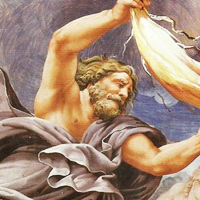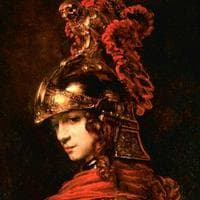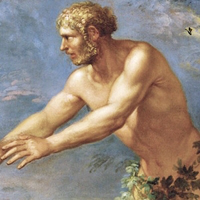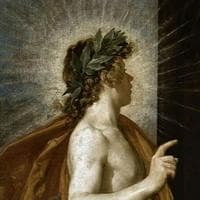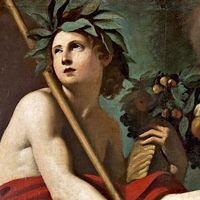Aphrodite tipo de personalidade mbti
Personalidade
"Que tipo de personalidade é Aphrodite? Aphrodite é um tipo de personalidade ESFP em mbti, 2w3 - sx/so - 278 em enneagram, SLUEI em Big 5, ESE em sociônicos."
I decided to spend some time trying to better understand what the psychological essence of Aphrodite would be. It is very ridiculous to believe that typing an ancient deity that was portrayed in different ways by each of the ancient Greek polis is simple and easy. Perhaps a psychological type will never fully serve to portray the different forms she takes, but one will somehow better cover what she represented to the Greeks In the big picture. Aphrodite's decision making: In one of her famous myths, Aphrodite punishes Hippolytus for choosing the path of chastity and for not having worshiped her. Driven by the notion that all mortals must remain in a position of respect for sexual desire and perpetuate the cycle of life, Aphrodite proves that her decision-making is based on subjective moral criteria of what is good and bad. In another famous myth, Aphrodite punishes Psyche as well for being compared to the goddess in terms of beauty. The goddess finds it undeserved that her beauty steals the admiration and offerings originally intended for only the gods (Just like in the case of Hippolytus the goddess has a clear sense of what's right and what is wrong) Now that we realize that her notion of right and wrong is fundamental to the development of those myths and countless others, it is fair to try to understand whether they arise from external or internal sources. part (1/2)
Biografia
The deity of romantic love, sexual desire, and physical beauty, Aphrodite (pronounced aff-ro-dite-ee) embodies those ideals. She appears as a human woman of phenomenal beauty, dressed in a simple gown and adorned with jewelry. She is usually smiling and in fact is often called "smile-loving" or "laughter-loving Aphrodite". Aphrodite could more rightly be said to be a Titan, as she was born from the sea foam after Cronus castrated his father Uranus and cast his severed genitals into the sea. The other deities overlook that fact, for she journeyed to far-off isles upon her creation, taking Eros with her, and returned when the Titans had been cast out. Aphrodite's husband is Hephaestus, to whom she was married by order of the gods, for the two of them needed divine consorts. However, she chafes in the marriage, for while the smith dotes on her, he's unsightly, not to mention lame. Handsome, vain Ares catches her eye far more frequently, though when Hephaestus first discovered her treachery, he fashioned a net and entrapped the lovers. Then he invited the other gods to come and mock the hapless pair. Aphrodite fled for a year and a day, until her shame lessened enough that she could bear to be seen. While her constant lover Ares represents the destructive side of chaos, Aphrodite embodies the joy of passion, freedom, and whimsy. Her brand of passion creates rather than destroys life, and she celebrates the beauty of life in all forms. Laughter-loving Aphrodite urges her followers to take whatever pleasure can be extracted from life without allowing social structures to squelch their freedom, their creativity, or their passion. Though she promotes the ideals of good, she does not demand that anyone take up arms to promote it. Though her own actions have provoked great conflicts, Aphrodite would prefer to see mortals make love rather than war.

